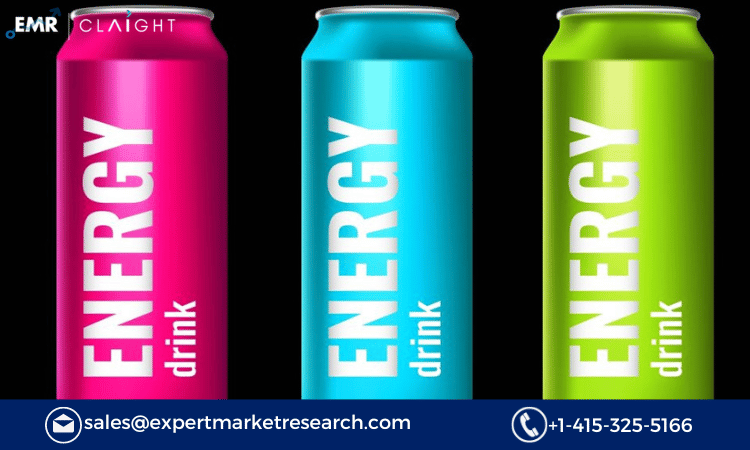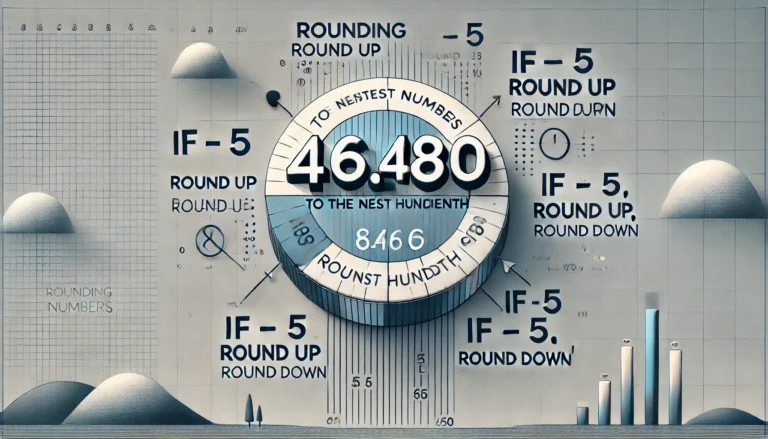
According to the report by Expert Market Research (EMR), the Africa energy drinks market is projected to grow at a CAGR of 6.2% between 2024 and 2032. This growth is driven by the rising youth population, increasing urbanization, and growing consumer awareness regarding health and wellness. As lifestyles become more fast-paced, energy drinks have emerged as a popular choice among consumers seeking quick energy boosts, enhancing the overall market dynamics in the region.
Energy drinks are defined as beverages formulated with ingredients designed to provide physical and mental stimulation. They typically contain caffeine, vitamins, and other energy-boosting compounds. The appeal of energy drinks in Africa is bolstered by their association with an active lifestyle, making them popular among young adults and athletes.
The expanding distribution networks, particularly in urban areas, along with strategic marketing initiatives by major brands, have significantly contributed to market growth. Additionally, the evolving preferences of consumers toward healthier alternatives, including sugar-free and organic energy drinks, are expected to create lucrative opportunities for market players.
Get a Free Sample Report with a Table of Contents: https://www.expertmarketresearch.com/reports/africa-energy-drinks-market/requestsample
Market Segmentation
The Africa energy drinks market can be segmented based on type, distribution channel, and region.
Market Breakup by Type
- Non-Alcoholic Energy Drinks
- These include the most common varieties available in the market, such as traditional energy drinks and natural energy drinks.
- Alcoholic Energy Drinks
- Although less prevalent, alcoholic energy drinks cater to a niche market that combines alcohol with energy-boosting components.
Market Breakup by Distribution Channel
- Off-trade
- Supermarkets/Hypermarkets
- Convenience Stores
- Health and Wellness Stores
- Online Retail
- On-trade
- Cafés
- Bars
- Restaurants
Market Breakup by Region
- North Africa
- Includes countries such as Egypt, Algeria, and Morocco.
- Sub-Saharan Africa
- Encompasses a wide range of countries, including Nigeria, South Africa, Kenya, and Ghana.
Read Full Report with Table of Contents: https://www.expertmarketresearch.com/reports/africa-energy-drinks-market
Competitive Landscape
The EMR report delves into the market shares, plant turnarounds, capacities, investments, and mergers and acquisitions of the leading companies operating in the Africa energy drinks market. Some of the prominent players explored in the report by Expert Market Research include:
- The Coca-Cola Company
- PepsiCo, Inc.
- Monster Beverage Corporation
- Red Bull GmbH
- Energy Beverages Ltd.
- Shark Energy Drink
- Local African Brands
Key Drivers of Growth
- Youth Population
- Africa has one of the youngest populations globally, with a median age of approximately 19 years. This demographic is increasingly seeking energy drinks for recreation, sports, and social events, driving demand.
- Urbanization
- Rapid urbanization in Africa has led to busy lifestyles, prompting consumers to look for convenient and accessible energy-boosting solutions.
- Health Consciousness
- The shift towards healthier lifestyles has led to an increase in demand for low-sugar, organic, and natural energy drinks, creating opportunities for brands to innovate and capture consumer interest.
- Marketing Strategies
- Aggressive marketing strategies, including sponsorship of sporting events, collaborations with fitness influencers, and social media campaigns, have significantly raised awareness and boosted sales.
Challenges in the Market
Despite the positive outlook, the Africa energy drinks market faces challenges that could hinder growth:
- Regulatory Constraints
- Varying regulations regarding the sale and advertising of energy drinks across different African countries can complicate market entry and expansion strategies for companies.
- Health Concerns
- Increasing scrutiny over the health effects of energy drinks, particularly concerning caffeine content and potential side effects, could lead to consumer hesitancy.
- Competition from Other Beverages
- The rise of alternative beverages, such as herbal drinks, natural juices, and functional beverages, poses significant competition to energy drinks.
Future Outlook
The Africa energy drinks market is poised for robust growth, driven by increasing consumer demand for convenience and energy-boosting products. As market players continue to innovate and expand their product lines, the introduction of healthier options will likely become a key focus. Collaborations with local distributors and retailers will enhance market penetration, particularly in emerging markets where traditional beverage consumption patterns are evolving.
Furthermore, sustainability initiatives, such as eco-friendly packaging and sourcing of natural ingredients, will resonate well with environmentally conscious consumers, ensuring longevity and relevance in the market.
The Africa energy drinks market is set for dynamic growth in the coming years, supported by demographic trends, urbanization, and changing consumer preferences. By leveraging innovative marketing strategies, addressing health concerns proactively, and focusing on product diversification, brands can capitalize on the burgeoning demand for energy drinks across the continent.




